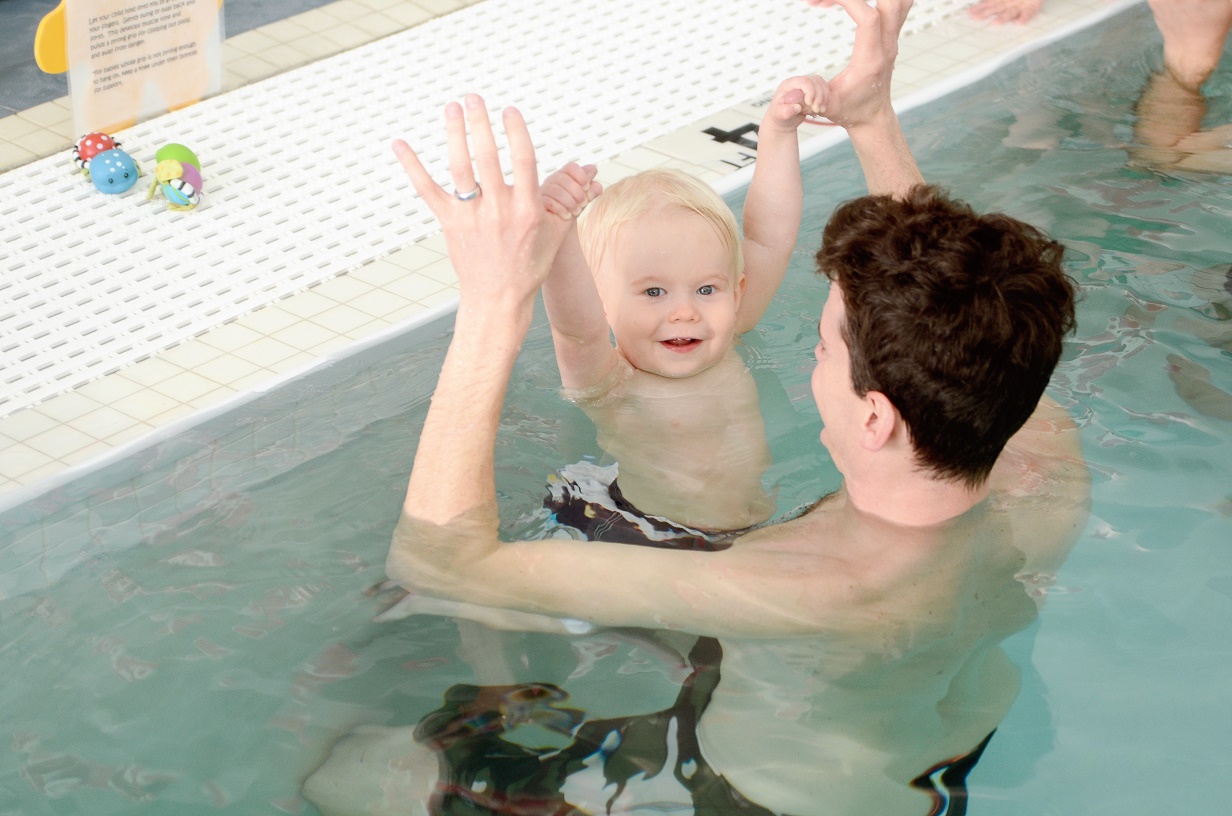
Isn’t it entertaining to see our tiniest students have their first experiences in the pool and become amazed at how naturally they respond to the water and pick up skills.
Even if they are only in a baby and me class, traits emerge that identify each child as one type of sports participant or another. You can basically categorize participants three ways.
Competition attracts ability-oriented children. They want to be the best.
Self-improvement appeals to task-oriented children. They enjoy the activity itself.
Pleasing others appeals to social approval-oriented children. They work to please others such as coaches, parents, and teammates.
If you had to guess at which of type of child sticks with their sport the longest, which would you choose?
It’s the social approval-oriented child. Good for you if you guessed that type!
What does this mean?
The fact that the social approval-oriented child is more likely to persist at their sport of choice longer than the other two types ties the desire to succeed to his standing in his social environment. We know that peer pressure has tremendous impact on decision making for other performances so why not in regard to sports too?
Let’s look at some traits of children in age-ascending groups. It’s interesting to see how they change as they grow up.
Six or younger
If your child is age six or younger, he simply can’t distinguish between ability and effort. So he believes that when he tries hard he is automatically good at what he is doing. Praise is accepted with positive results by this very young child regardless of the success or failure in completing the task.
Seven through eleven
If your child is aged seven through eleven, he is able to develop the ability to differentiate between having talent and trying hard. He can compare himself with others, and if he feels he cannot succeed, he would rather not try. He finds it easier to attribute failure to a deliberate lack of effort, than to admit that he lacks ability.
Twelve and older
If you child is twelve or older, he can become skilled at making social comparisons and realize that expending effort is no longer a guarantee that he will succeed.
As children become aware of skill and compare themselves with other children, the pressure to excel within the social environment emerges. Some children handle this naturally handle this pressure well. But what about those who struggle with peer pressure?
What can we do to help reduce the pressures that children feel?
- Encourage enjoyment of the activity and self-improvement.
- Encourage children to interpret comparisons with others as a tool for improving their own skills. Comparisons need to be constructive (never using phrases like “they are better” or “you are not as good”).
- Praise must be an earned reward. As children mature, they begin to value praise for successful outcomes much more than praise for trying hard. Look for specific successes instead of praising them all the time.
- Continually remind your children that ability often changes dramatically as they mature.
Children are amazing. They pick up cues more quickly than adults sometimes! It’s up to parents to be attentive to what traits their child has and the way they’re meeting the challenges of peer pressure so they can help alleviate pressure instead of adding to it.
Little Otter Swim School’s provides quality swim lessons in a safe and fun environment that are taught by caring and enthusiastic teachers. Children are learning and gaining respect and love for the water. Little Otter Swim School’s team members are passionate about teaching kids to swim and be safe as they enjoy the water. We’d love to share more of the benefits of learning to swim with you.
From Little Otter, Charlotte families receive an alternative to “typical” swim lessons in year-round, small group instruction in a warm indoor swimming pool where parents can watch their children’s progress from the comfortable viewing gallery.
Learn more about what makes Little Otter different.


Conversations